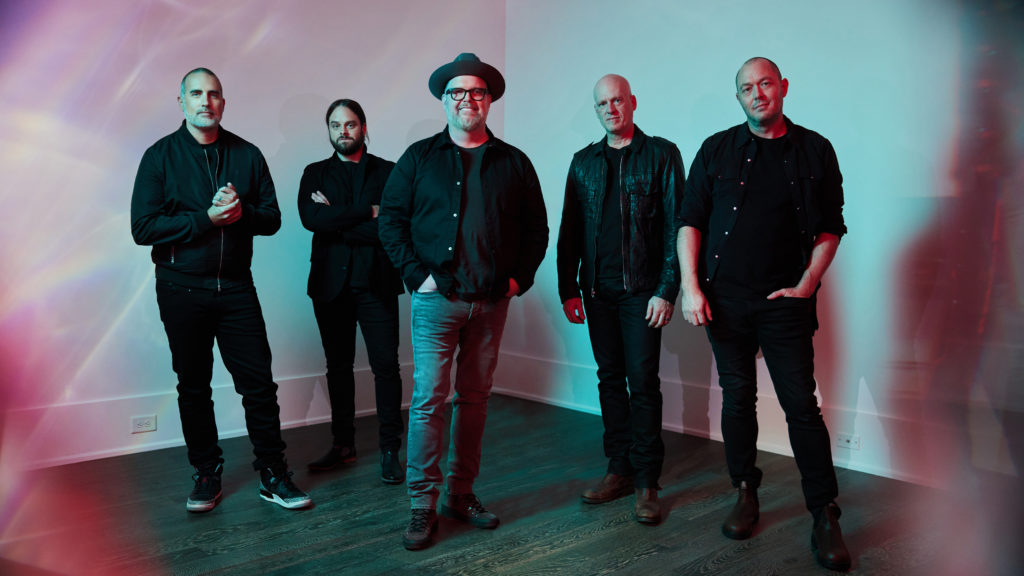Rhoda first heard the gospel message during an English camp hosted by Dubrava Baptist Church in Zagreb, Croatia, and their missions partner First Baptist Church, Ashville.
Initially drawn to the spirit of the missions team and the local church, Rhoda was perplexed by the authority Baptists place in Scripture.
Struggling between the call of faith and her questions, she remained in contact with the Croatian church for more than two years before finally accepting Christ.
Results take time
Rhoda’s story is typical in the predominantly Roman Catholic culture of Croatia. Missionaries Eric and Julie Maroney have seen about a seven-year average between contacts hearing the gospel and accepting Christ.
“Sometimes it takes months or even years for there to be results,” said Scotty Goldman, director of the office of global missions for the Alabama Baptist State Board of Missions.
But even when visible fruits of a missions partnership are slow to materialize, Goldman said long-term partnerships like the one between First, Ashville, and the Dubrava church can reap a bountiful harvest.
“For those who have long-term partnerships, returning to the same place year after year communicates to those with whom we are sharing a commitment to see their lives changed,” Goldman said.
Jay Stewart, pastor of First, Ashville, said the church reached out to Goldman in 2015 to connect with a long-term missions partner. Goldman introduced Stewart to the Maroneys, who were serving stateside as Julie received cancer treatments.
Initially based in Split, Croatia, the Maroneys worked in administrative missions for Slovenia, Croatia, Bosnia and Hungary. The couple moved to the more centrally located Zagreb in 2014 and joined church plant Dubrava Baptist Church, the only evangelical congregation serving a population of 250,000 in the Dubrava area.
Eric now is director of Christian Initiative for Development, a locally registered non-government organization in Croatia through which he and Julie represent Southern Baptist churches in America.
Stewart said raising awareness within his Alabama congregation of the spiritual darkness in Eastern Europe stretched him as a leader and deepened the church’s reliance on God for outcomes.
“We expect immediate, tangible results from missions efforts. We had to learn that there are places where you just have to dig in and pray for the people, continuing to faithfully do what God has called us to do until we see results,” Stewart said.
Missions teams from First, Ashville have visited Dubrava twice since forming the partnership, teaching Practically Speaking English classes, which combine topics of interest with the gospel message and create opportunities to build relationships that lead to gospel conversations.
The initial partnership with the Maroneys has expanded through the years to include one with Dubrava Baptist Church, which works with two church plants near Zagreb.
Inches not miles
“With about 2,000 Baptists and a total of about 7,000 evangelicals in the entire country, progress is often measured in inches rather than miles,” Maroney said.
As churches connect across radically different cultures and contexts, both can grow their understanding of God and His kingdom, Maroney said.
“I know that those who have come over [on missions trips] have truly been blessed through personal spiritual growth, just as much, if not more, than they have been a blessing to those they have ministered to in the church and beyond,” Maroney said.
And at First, Ashville, Woman’s Missionary Union leaders Christina Puckett and Rachel Broadhead have plans to incorporate the partnership into missions education classes for kindergarten students through teenagers by adding videos and pictures of the Maroneys and the Dubrava Church, along with maps of Croatia.
Goldman said the SBOM office of global missions stands ready to help churches connect so they can partner with missionaries.
“There are still missionaries on the field who have few partnerships,” he said. “Most will say they need more hands-on help. This is especially true in those areas where the risk may be a little greater.
“We have new missionaries headed to the field three or four times a year. The need continues for churches to partner with these who have been called.”
To read more about missions partnerships, click here.
EDITOR’S NOTE — Some names changed for security reasons.






Share with others: